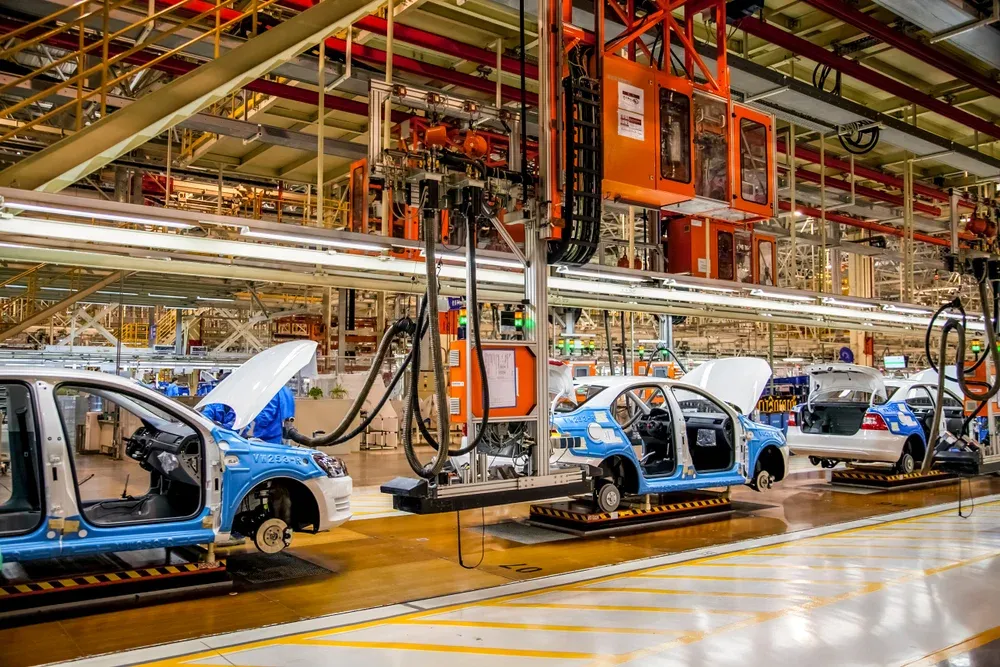 |
| China New Energy Vehicles |
The Chinese government has announced the continuation of incentives in 2025 to stimulate consumption of new energy vehicles (NEVs) and electronics, key downstream sectors for nonferrous metals. This decision aims to bolster demand in these crucial industries and support economic growth.
NEV Subsidies and Expansion of Eligible Vehicles
The government will continue offering subsidies for NEV purchases. Consumers who scrap an old vehicle to buy a new NEV will receive a subsidy of up to 20,000 yuan ($2,729), while those trading in an old vehicle will receive up to 15,000 yuan. Importantly, the minimum standard for old internal combustion engine vehicles eligible for the scrappage subsidy has been eased to the "National IV Emission" standard from National III, expanding the program's reach. These subsidies represent a significant portion (8-11%) of the average NEV price in China, according to industry estimates. NEVs in China include battery electric vehicles (EVs), plug-in hybrids, and fuel cell vehicles. Beijing will also provide an 80,000 yuan subsidy for replacing new energy buses over eight years old or bus power batteries past their warranty, accelerating the electrification of public transport. Subsidies will also promote electric bicycle replacement in 2025.
Impact on Metals Markets
These incentives are an extension of the program launched last March to promote the replacement of old industrial equipment and consumer products, with NEVs being a central component. China's NEV sales in 2024 are projected to reach nearly 12 million units, a 20% increase year-on-year, with government incentives playing a crucial role. The NEV industry is a major consumer of nonferrous metals.
Each NEV typically uses over 200kg of metal minerals, including an estimated 50-70kg of lithium carbonate and 0.75kg of praseodymium-neodymium. In 2025, subsidies will also be available for new electronics purchases (phones, tablets, smartwatches, etc.) up to 500 yuan (for devices under 6,000 yuan) and for replacing home appliances (refrigerators, washing machines, TVs, etc.) up to 2,000 yuan. The extension of these incentives is expected to provide support to metals markets facing pressure from oversupply or weak demand amid an economic slowdown.













 We publish to analyze metals and the economy to ensure our progress and success in fierce competition.
We publish to analyze metals and the economy to ensure our progress and success in fierce competition.
No comments
Post a Comment